Tanaka Juku Seminar Series
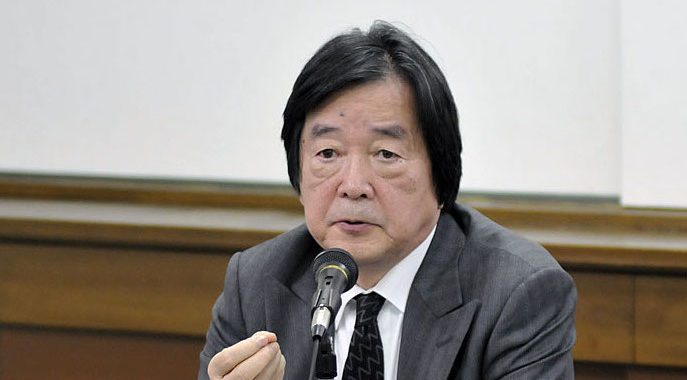
In 2006, JCIE launched the JCIE Tanaka Juku, an annual three-month series of intensive evening seminars for about 20 young political leaders, corporate executives, journalists, and emerging intellectual leaders under the tutorage of Hitoshi Tanaka, JCIE senior fellow and former deputy minister for foreign affairs.
JCIE Publications | The Role and Challenges of Japanese NGOs in the Global Health Policymaking Process
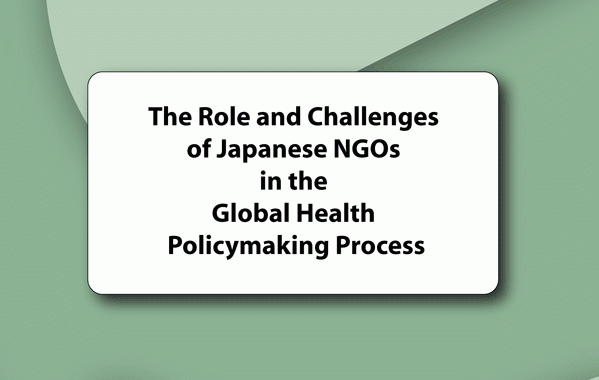
The Waseda Institute carried out a survey of current Japanese NGO activities in global health; as a result, they were able to identify specific concerns relevant to Japanese healthcare NGOs and possible future steps towards a greater international role.
JCIE Publications | Asia Pacific Security Outlook 2005
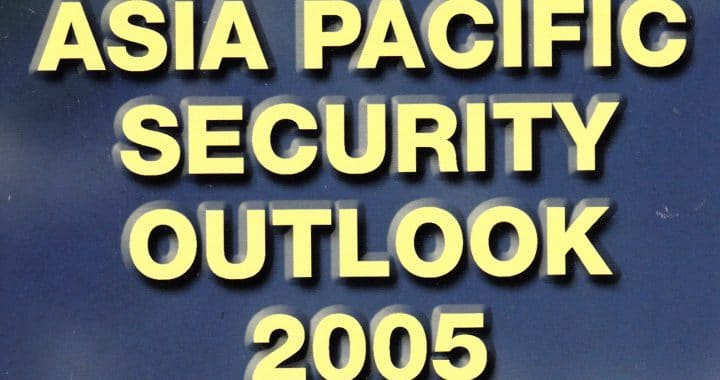
This edition focuses on the frailty of human security shown in the aftermath of the great tsunami in December of 2004, even in an era of technology and instant communication; it also discusses more traditional security issues.
JCIE Publications | Asia Pacific Security Outlook 2004

This edition assesses the security environment, defense issues, and regional and global cooperation from the perspectives of countries that participate in the ASEAN Regional Forum.
JCIE Publications | Asia Pacific Security Outlook 2001
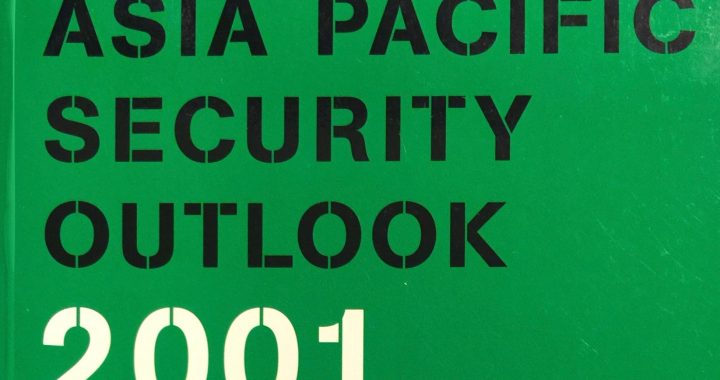
Asia Pacific Security Outlook presents national perceptions of regional security, key defense issues, and the contributions to regional and global security of twenty of the twenty-three member countries of the ASEAN Regional Forum.
JCIE Publications | Asia Pacific Security Outlook on CD-ROM

This collection of Asia Pacific Security Outlook from 1997 to 2001 offers readers a new format for reviewing and researching the salient security issues in the region at the closing of the century’s last decade.
JCIE Publication | A Gender Agenda: Asia-Europe Dialogue

This book reports on the conference, which signified the first occasion for women and men with various backgrounds and expertise to gather from throughout Asia and Europe to discuss gender issues from diverse points of view.
JCIE Publications | Asia Pacific Security Outlook 2002
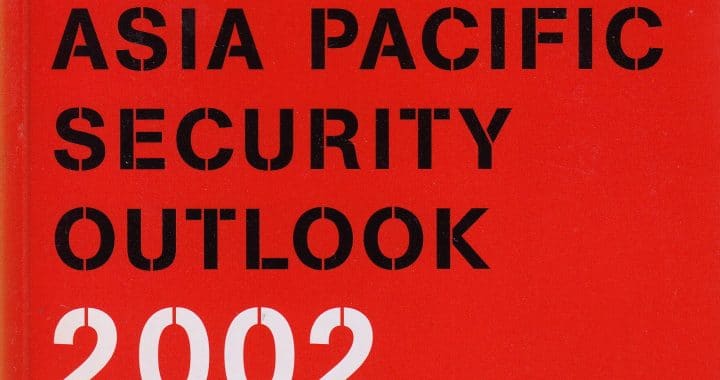
This edition focuses on the issues such as September 11 and the US-led efforts to combat terrorism, instability in Indonesia, and the evolving regional role of Japan, as well as the effects of these on Asia Pacific.
JCIE Publications | Containing Conflict: Cases in Preventive Diplomacy
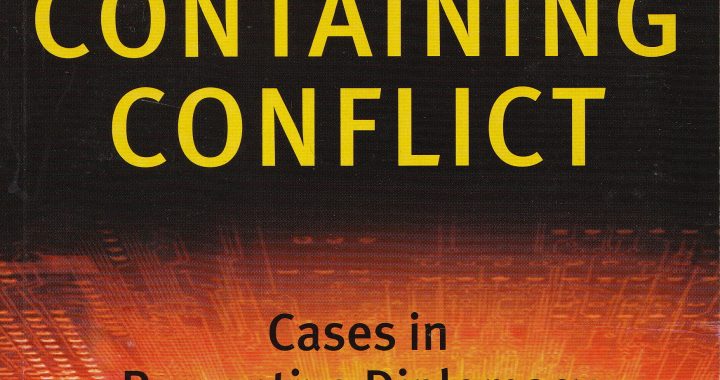
The authors analyze the international community’s responses to conflicts in locations such as the African Great Lakes region, helping them to draw lessons for managing regional conflict through preventive diplomacy.
JCIE Publications | Asia Pacific Security Outlook 2003
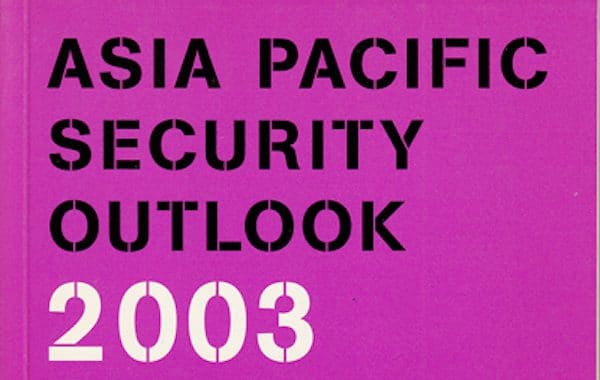
This edition of APSO includes regional experts’ analyses of terrorist activity, ranging from North Korea’s threat to resume its nuclear reprocessing to the impact of US policy toward Iraq.


